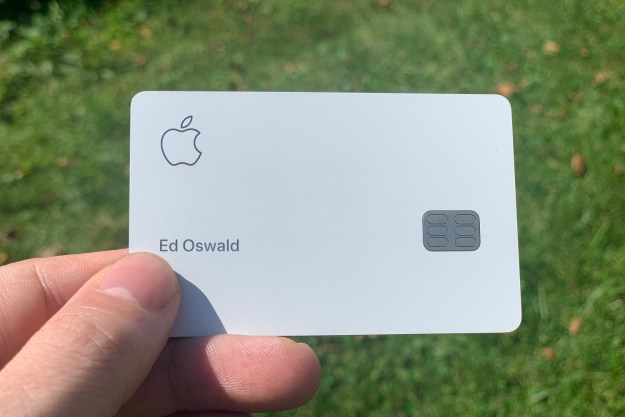One hallmark of cashless Amazon Go stores was who you didn’t see shopping in them. Fifteen-year-olds couldn’t pop in to grab a bottle of water, unless they were using a parent’s Amazon account. Any of the millions of unbanked people weren’t welcome. Eventually, Amazon agreed to start accepting cash at these convenience stores — though it would rather you just sign up for its Credit Builder Card.
For those with bad credit or no credit history, secured cards let you build up your credit score. You put up a deposit, so the card issuer doesn’t assume the risk of you not being able to pay for what you purchase. It’s not unique to Amazon, but it’s somewhat unusual.
“You don’t see that many secured cards from retailers out in the market,” said Sara Rathner, NerdWallet’s credit card expert. The card gives 5 percent cashback on Amazon purchases for Prime members. To qualify, you need a $100 to $1,000 deposit, and that amount acts as a credit limit. “That could be pretty limiting for some people, especially if they use that card exclusively and they’re charging up a thousand dollars a month or more,” said Rathner.
After reliably paying off the card for seven months, Amazon will let qualified users upgrade to the Amazon.com Store Card. It’s not a secured card, so the deposit is returned. The Credit Builder card offers no interest if it’s paid in full over six, 12, or 24 months, depending on the amount. That being said, the interest rate for Amazon’s secured card is 28.24 percent. That’s quite high, even for a secured card. An 18-year-old who’s never had a credit card before may be unfamiliar with how minimum payments work, making a high interest rate risky.
“I could see a potential target audience for this new secured credit card among college students, because they’re building credit for the first time,” said Rathner. “They’re buying school supplies and personal care items on Amazon instead of going out to a store. And for them, the Prime membership is lower in price.” (It’s $119 for regular Prime membership but $59 for students.)
The idea of a company-branded credit card isn’t new. “Some of the original credit cards were retail cards,” said Rathner. “You see tons of airline and hotel branded cards for people who like to travel.” With companies like Amazon and Apple partnering with banks (Synchrony in Amazon’s case, Goldman Sachs and Mastercard for Apple), “it’s a way for banks to attract a different type of audience that they wouldn’t ordinarily get,” said Rathner.
While college kids, young parents, and others new to credit cards are Amazon’s audience, the Apple Card has another customer in mind. “The Apple card is targeted at a very different audience than the secured Amazon card,” said Rathner. “Forgive the fruit pun on the Apple card, but it’s kind of like comparing apples and oranges,” she said.
The Apple Card is titanium and comes with your name laser etched onto it. When you pay with the Apple Card using your iPhone or Apple Watch, you get 2 percent cash back, while Apple purchases give you 3 percent. Using the physical card gives you 1 percent back. “It looks like they’re really trying to nudge consumers into using Apple Wallet,” said Rathner. Because the Apple Card is targeted at those with longer credit histories, its interest rate will depend on credit scores and varies from 13.24 to 24.24 percent.
If your finance app tells you that you’re spending a good chunk of income using your Prime membership — getting all your groceries delivered, for example — the Amazon card might make sense.
“If you’re loyal to a specific brand, like a tech company or a retailer, that’s when the card becomes potentially a better option for you because it’s where you spend more of your money,” said Rathner. “But if you’re not loyal to any particular brand, there are lots of rewards cards available that are more general.” If you’re looking for travel bonuses or buy just as often from Target as Amazon, these cards may not give you the same bang for your buck as other rewards cards.
Updated 6/11/2019: Updated to reflect that Amazon Go shoppers didn’t need a Prime account, just an Amazon account.
Editors' Recommendations
- Amazon Echo vs. Apple HomePod: Which has better speakers?
- Amazon Echo Studio vs. Apple HomePod
- Apple iPhone 12 Pro vs. iPhone 11 Pro: Should you upgrade?
- Apple Card under investigation over alleged gender bias in setting credit limits
- Disney bans Netflix, Amazon vanishes from Apple: Welcome to the streaming wars


